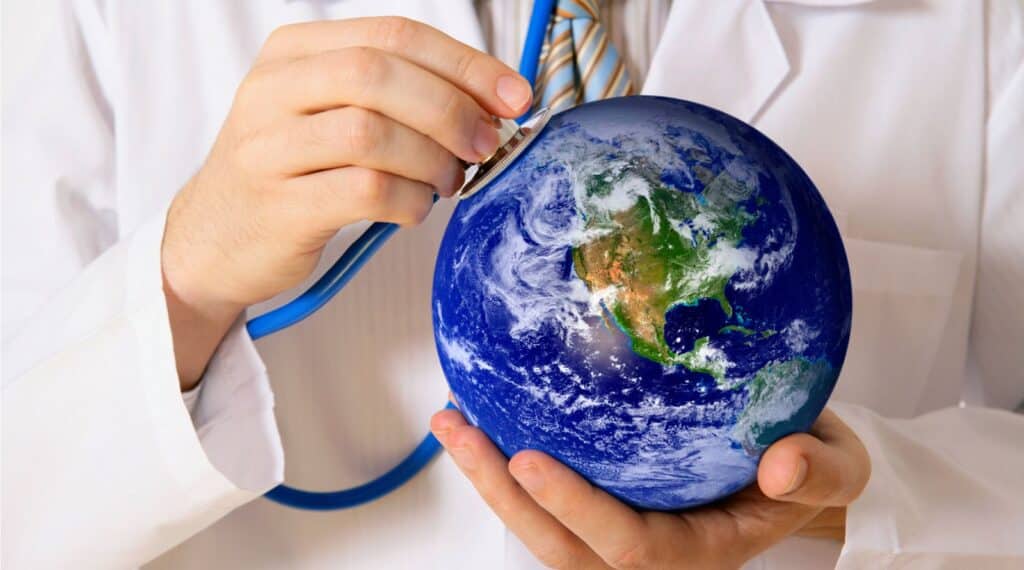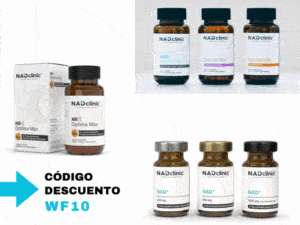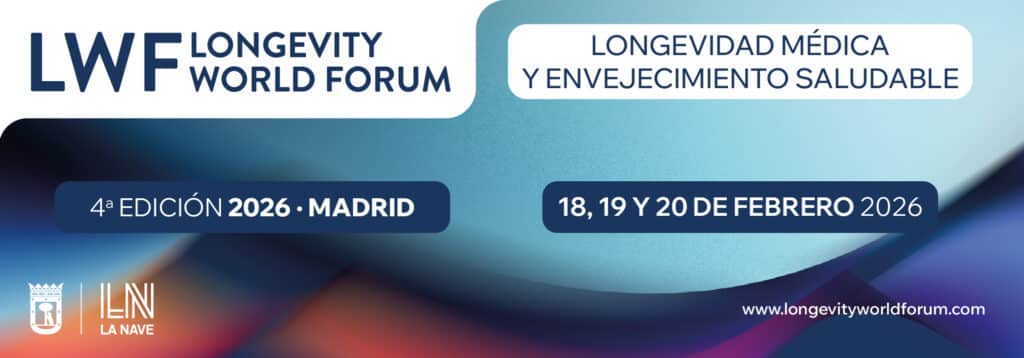The health of the planet and human health are two sides of the same coin. And more and more scientists agree that protecting one necessarily means caring for the other. This is underlined by a recent international appeal signed by 43 researchers from five continents, published on November 4, 2025 in the magazine Environmental Sciences Europe. Coordinated by Professor Gilles-Éric Séralinithe manifesto proposes a real revolution in the way we understand toxicology, agriculture and food.
For decades, petroleum-based chemicals - pesticides, plasticisers and other additives - have been part of our environment and the food chain. However, the scientific community warns that the current assessment of their safety is insufficient and does not reflect the real impact of the chronic, combined and low-dose exposures we experience on a daily basis.
“We are facing a silent epidemic of chemical contamination,” notes the Dr. Angelika Hilbeck, biologist at ETH Zurich. “Chronic diseases are increasing, biodiversity is decreasing and trust in science needs to be restored through transparency and ethics.

Towards a more humane and transparent science
The article proposes a major overhaul of the way toxic risks are assessed. The researchers argue that the science must be redefined to be a public good, free from conflicts of interest and accessible to all. They call for the full formulations of pesticides and chemical compounds to be studied - not just their active ingredients - and for the results of these studies to be made public, to ensure safer choices for both people and the planet.
For the experts, the transition to a regenerative agroecology is one of the most effective ways to restore the lost balance. This production model prioritises soil health, biodiversity and the nutritional quality of food, and relies on collaboration between farmers, scientists and conscious consumers.
Conscious eating: wellbeing from the root
Studies show that food from organic and regenerative agriculture contain less toxic waste y support better metabolic, immune and emotional health. Incorporating fresh, seasonal and sustainably grown produce not only improves our physical well-being, but also has a positive impact on mental health and a sense of connection with the environment.
“The future of our food depends on a reconciliation between science, ethics and health,” sums up Prof. Séralini. “Caring for the Earth is caring for ourselves. Agroecology is a path of hope and balance.
In times when longevity, vitality and well-being have become essential values, rethinking what we eat and how we produce it is no longer a technical question but a life decision. Because, in the end, true well-being is not measured in calories, but in coherence: with the body, with the mind and with the planet we inhabit.






